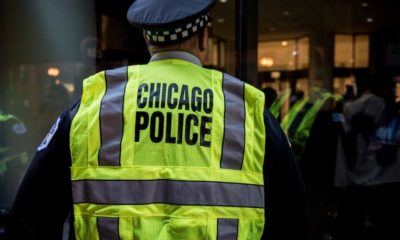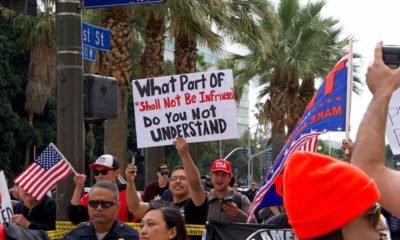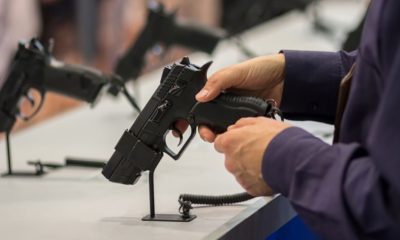Crime
Chicago Citizens Pay Bloody Price For Dem’s Ignorance
- Chicago has had the worst July in ten years, with sixty-five people being shot and killed.
- This may seem shocking with all the gun rules and regulations that Chicago has right?
- For the first seven months of this year, there have been around 400 homicides, last year the total number of homicides for the year was 490.
- Chicago is getting worse, not better, and gun control isn't helping.
July 2016 marked the deadliest July in ten years for Chicago. Chicago has some of the strongest gun control regulations of any state, and yet sixty-five individuals were shot and killed last month. If that rate continues for Chicago that will be 780 people by the end of the year. 780 people killed by gun related violence alone. When will the Liberal community realize that gun control does not fix the problem…it makes it worse.
The last time sixty-five individuals were killed in a month was back in July of 2006. That makes the total number of homicides for 2016 so far (seven months) a whopping 400. The homicide rate for Chicago in the year of 2015 was 490. Gun control is clearly working.
[wps_products_gallery product_id=”4347662336051, 4392472248371, 4335616426035″]
In May of 2016, 400 people were shot, 66 of those people died from the incident. That marks the deadliest May since 1995 when 75 people were shot and killed.
Clearly, the pattern is that the restrict rules and regulations on gun violence, as well as acquiring firearms, isn't stopping the violence. What happened when the Prohibition started? Did people automatically stop drinking and follow the rules? Of course not. Speak Easy's popped up all over the country, and people drank, danced, smoked, and celebrated in hidden bars. Then when they made drinking legal again, what happened? The “desire” for drink declined. Speak Easy's went out of business and people made their way back to local bars.
Gun control is the same thing. The harder you make it for someone to get it, the more they want it. That is the rule of supply and demand.
If Chicago doesn't figure this out quickly, there may not be much left of the city.
SEE RELATED: “I Don't Blame The Police For Killing My Son”












